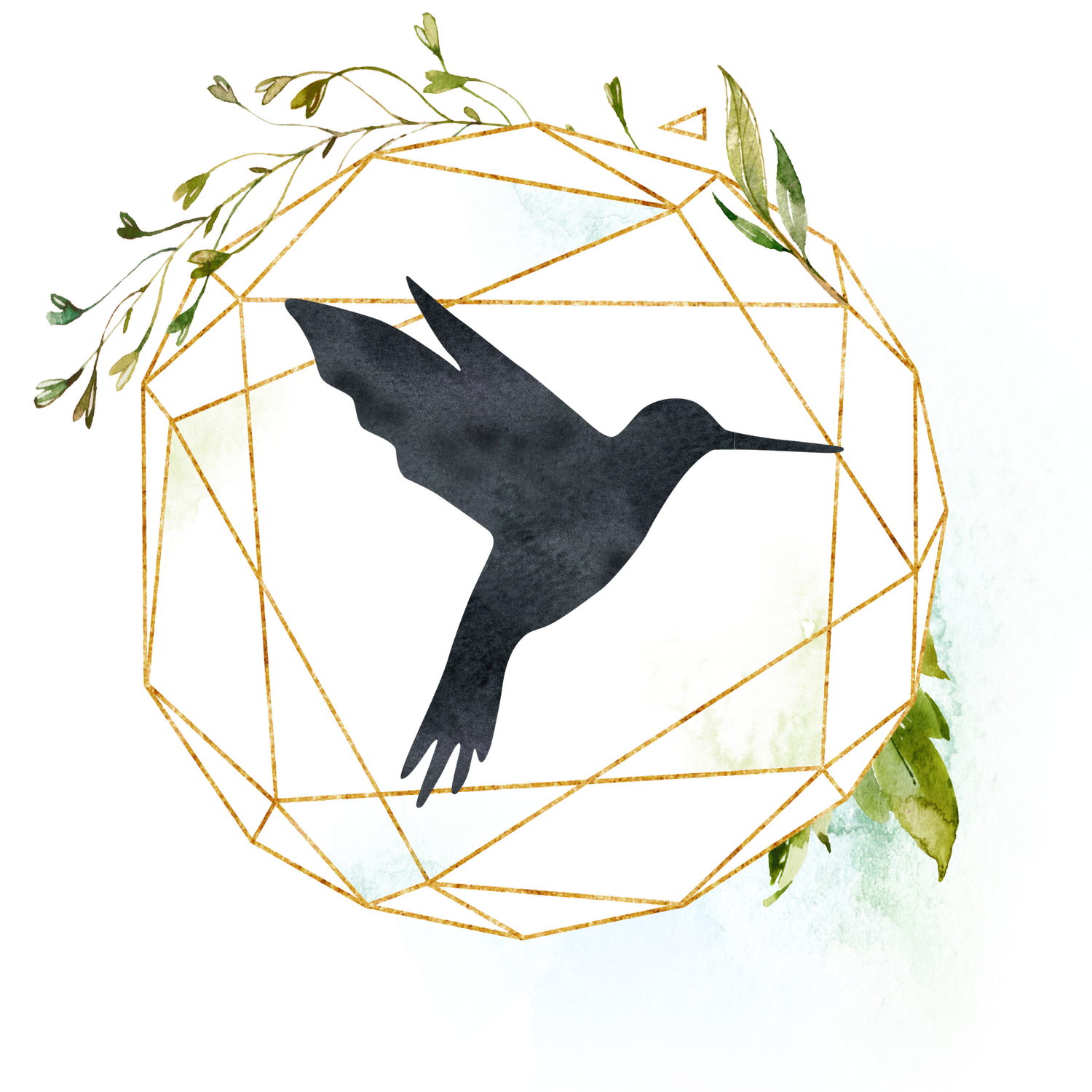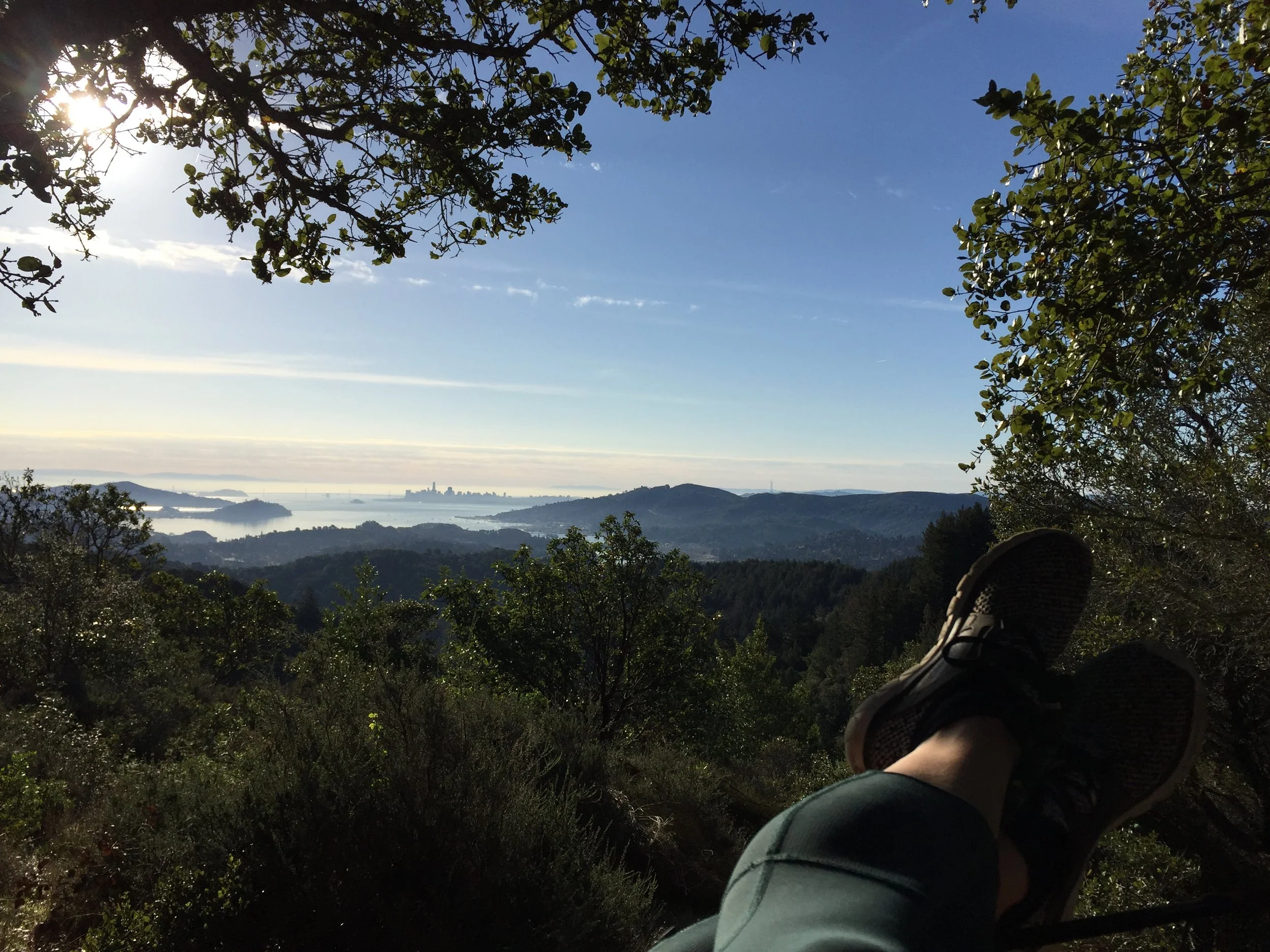What is Eco-Psychology?
Ecopsychology posits that just as the psyche holds a collective unconscious, the psyche also holds an ecological unconscious, embedded genetically through millions of years of evolving from and within the natural environment. However, this connection has become broken in our fast-paced industrial world. Thus, we feel separate from the ecological system we are embedded within, and this disconnection leads to or exacerbates isolation, un-ease, and illness.
I believe that restoring our relationship to our own bodies and the planet facilitates the individual healing process. Since the body and mind are actually one unified system, using herbal medicines and appropriate diet further expedite psychological healing.
Through reconnecting with the ecological unconscious, we discover a sort of organicity that guides our path. Further, we access untapped intelligence and creativity to create real solutions for the global challenges of our time.
I see psychology as an act of liberation and social justice. As internal conflicts are released and resolved, our external world becomes a reflection of the harmony within through new decisions and actions.
Basic assumptions underlying eco-psychology:
The psyche is an open dynamic self-organizing system nested within larger ecological systems.
One of the emergent qualities of dynamic systems is that they are self-organizing, meaning that the system can regulate itself in a way that is harmonious, balanced, and developing towards greater levels of complexity.
Science shows us that the mind is embodied (in the brain/nervous system and cells) and relational (created through all our interactions). Thus, the self is also embodied and relational— it goes far beyond our own skin.
We can expand our identifications to include a felt empathy with nature and humanity.
It turns out the whole web of life the we participate within operates by the principles of open, dynamic systems. Our families and community, our social systems, and the ecological systems we are part of are all operating as deeply interconnected systems, nested within each other.
From here, we can understand the “ecological self,” an expanded sense of self that transcends the limits of the ego and encompasses greater and greater wholes. This identification involves a heightened sense of felt empathy and an expansion of our concern with non-human life and recognizes the intrinsic value and intelligence of all beings.
Through development towards the ecological self, we not only come to cognitively recognize our connection to all of life, but we come to feel our inherent belonging and compassion with all beings in our minds, bodies, and hearts.
When we awaken our ecological unconscious, we can restore a sense of empathy, responsibility, and wonder in the world.
Ecopsychology posits that the collective unconscious at its deepest levels contains what is called the ecological unconscious — the basic patterns and knowledge gathered from our own 14.7 billion year evolutionary path deeply interconnected with the earth, from molecules among star-dust, to single celled organisms, to homo sapiens walking the earth today. This ecological unconscious is accessible to us right now, if we learn to listen.
If we are born with the voice of the Earth sitting just below the surface of our waking consciousness, then turning a deaf ear or neglecting this voice would lead to a painful repression. In psychology, neurosis of this kind prevents psychological wellbeing. Reuniting with this aspect of our being leads to greater access to deep wells of energy and greater capacity for integration, and thereby, health.
As the ecological unconscious is regenerated, the individual finds a new sense of enchantment and wonder in the world. The ego transforms into an ecological ego, which has a sense of ethical responsibility to the planet and other people and weaves that responsibility into the the fabric of social relations and political decisions.
This integration on the level of the individual leads not only to improved personal health but also to greater social harmony and ecologically responsible decisions as the individual develops compassion with other beings. Thus, personal transformation becomes a revolutionary act of social and environmental activism.
Indigenous methods of healing hold keys to healing Western ailments.
The original peoples from around the world considered health only accessible through balanced relationship with all beings and nature. Without jumping to a “return to old ways,” there are lessons in these original cultures that can inform our modern day lives and guide us to generate new ways of living, that include our utilizing the technology available to us to leverage our work as well as drawing from and being responsible to the ecology around us.
Traditional cultures offer a holistic approach to health, healing, and living in balance grounded in loving kindness and presence. The most basic practice is respect and kindness to all living beings, human and non-human. Moreover, nature-based cultures also valued the connection with the archetypal realm, or “spirit-world,” the unseen dimensions of life that we can engage through imagination or dreamtime explorations. Through these explorations, many have found deep healing and connection to their own inner wisdom.
I believe the perspectives and processes of the nature-based traditions can be folded into the western psychotherapeutic model for more effective and complete healing. One effect of indigenous healing modalities includes an increased ecological intelligence — a systemic intuition and empathy with other beings. I believe with proper support, indigenous medicines can heal pathology, expand one’s worldview, support resilience, and help people develop a new sense of participation in the web of life.
We must reconnect to the systems we are a part of.
The brain, the immune system, our tissues, and every cell of our being is part of a living intelligent system. Just like the human body, our communities and the ecological system we are apart of also act as one body. With this, evolution is no longer a struggle, but a cooperative dance, in which creativity is the driving force. If we remember back far enough, we all derive from a common family.
The major problems of our time including energy, poverty, climate change, education, equity, are interconnected and interdependent. The underlying dilemma is that unlimited growth (linear thinking) clashes with the reality of how the dynamics of ecological systems work (requiring systemic thinking).
Ecopsychology offers a lens through which we may view the human psyche as an interconnected and interdependent relationship to all beings, human and otherwise, and all of nature. The field of ecopsychology is becoming more prominent in the face of our current realities — climate change, social inequality, economic crisis — and we begin to examine our behavior and perspectives in the context of our relationship with the environment.
Applied ecopsychology aims to heal our relationship with the natural world.
Through reconnecting with the earth through the body, we find innate belonging, meaning, and soulful connection. Further, we discover new wells of vitality, creativity, and grounding in a fast-paced world.


